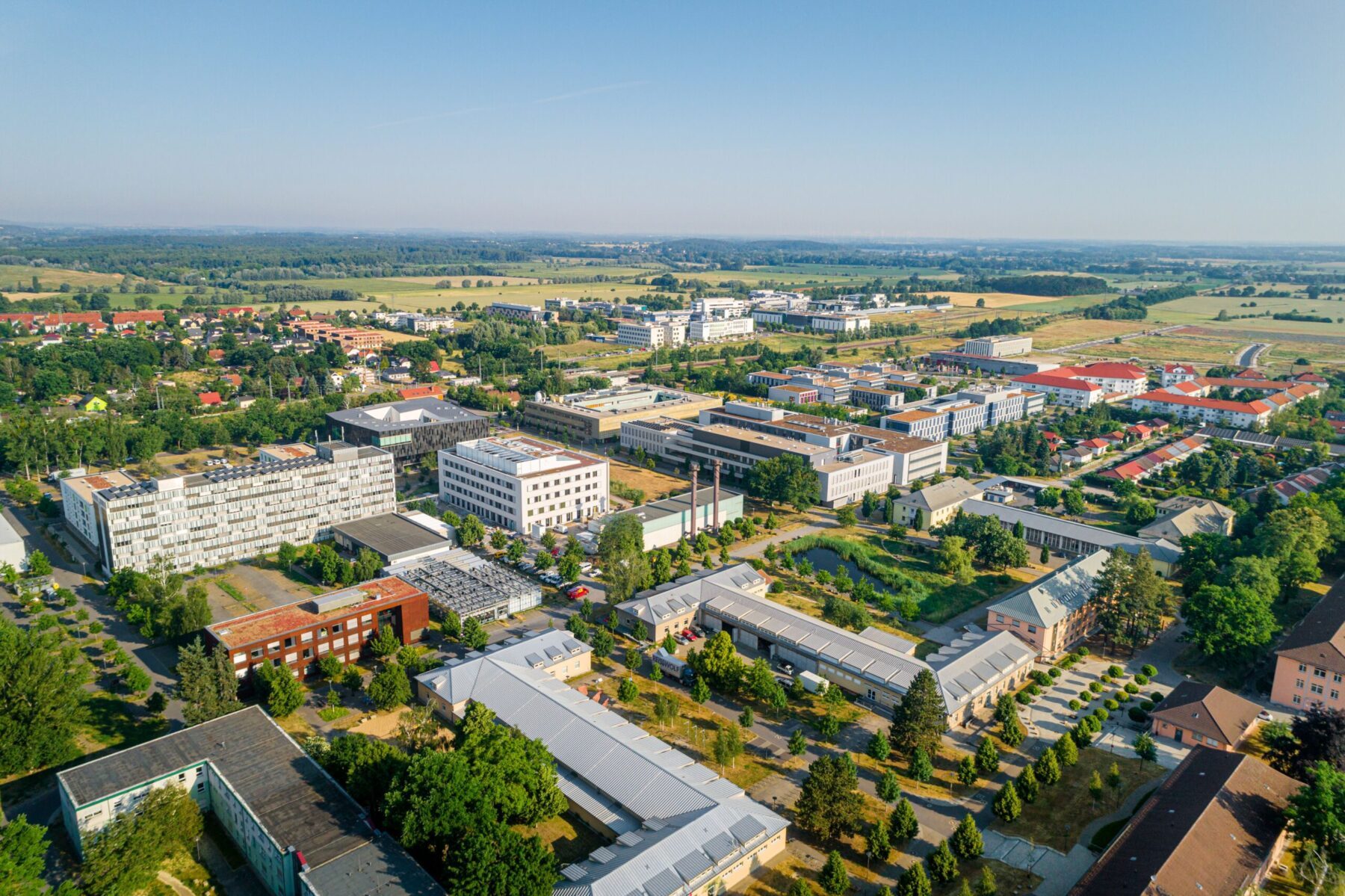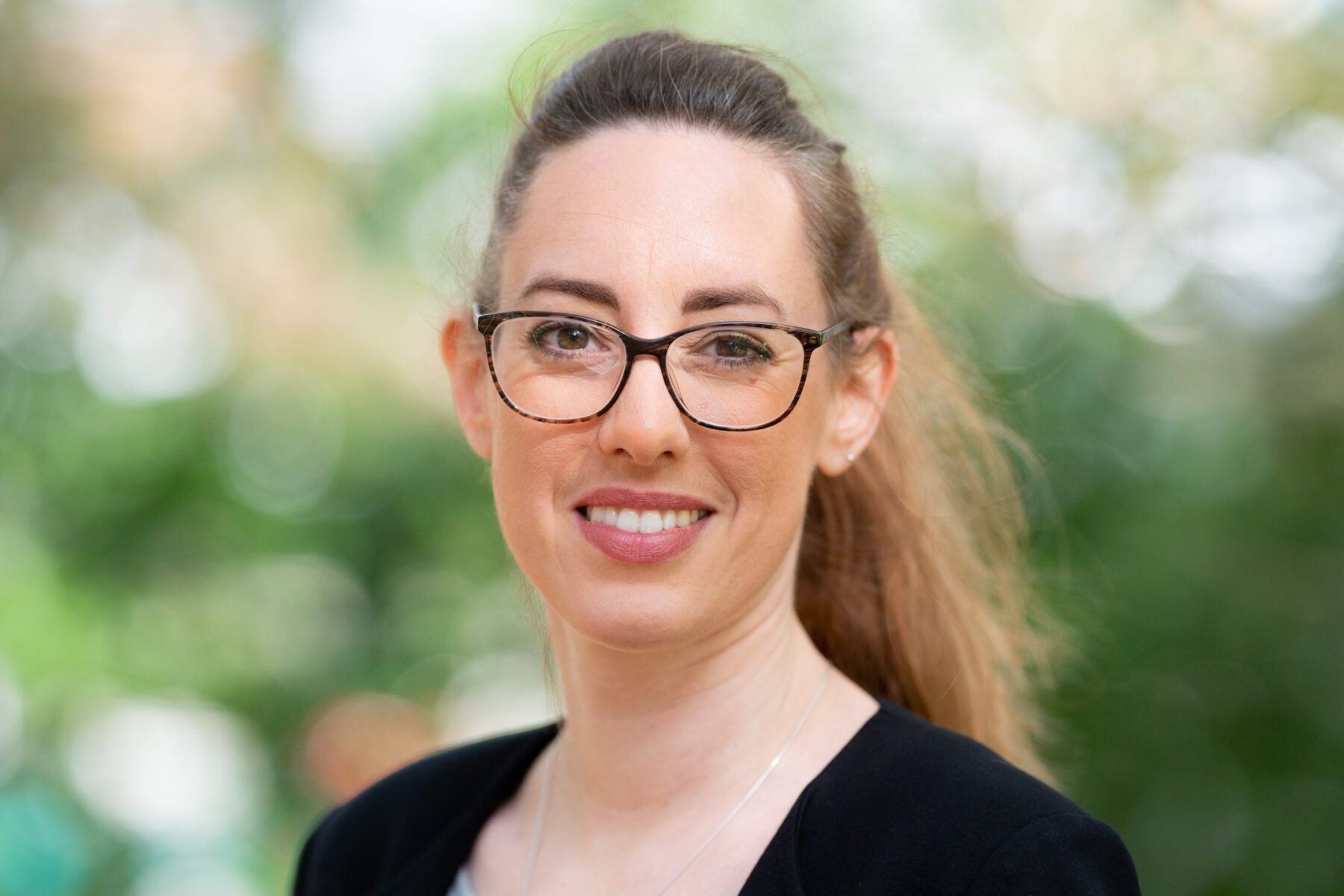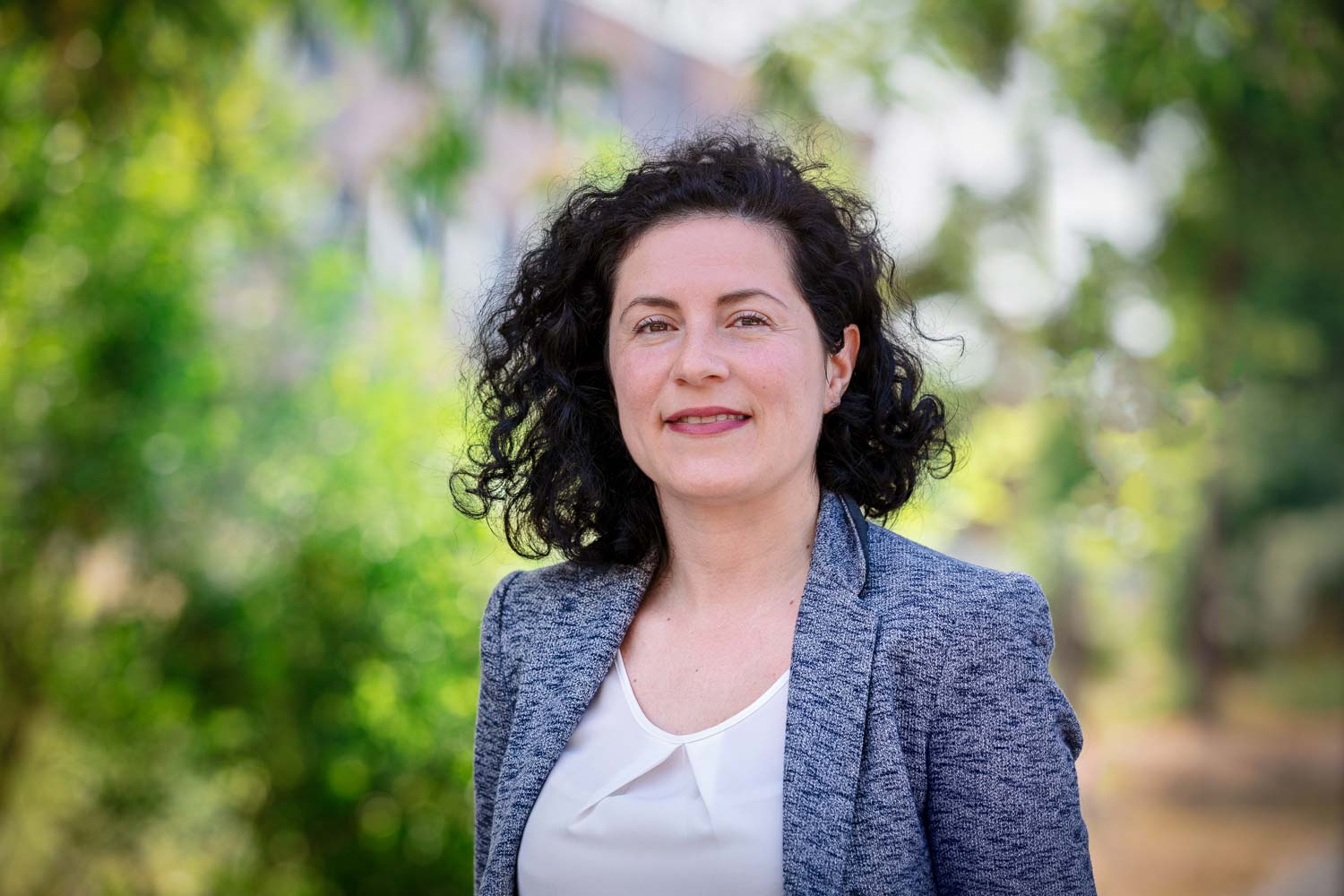
Potsdam Science Park is now EIC Partner
The Potsdam Science Park is partner of the European Innovation Council (EIC) and SMEs Executive Agency. The site management of the Potsdam Science Park (Standortmanagement Golm GmbH) in Germany’s capital region is offering a set of standalone services to support the EU’s mission to identify and boost Europe’s breakthrough technologies, addressing 6000+ innovators backed by the European Innovation Council.
EIC beneficiaries can apply for the services of the Potsdam Science Park and further EIC Partners via the EIC Service Catalogue, available on the EIC Community Platform eismea.eu (see below for further information.
Standalone Services of the Potsdam Science Park provided in the EIC Catalogue
- Entrepreneurship consultation formats | A variety of specialized one-hour online consultation transfer-relevant formats aimed at scientists making their first steps in founding a company, entrepreneurs in start-ups, spin-offs, scale-ups and further science- and growth-oriented enterprises. All formats are organized and managed by the location management (Standortmanagement Golm GmbH – StaGo) of the Potsdam Science Park in cooperation with specialized partners and institutions.
- PSP Academy | The Potsdam Science Park (PSP) Academy comprises seminars, workshops, and business events with a focus on entrepreneurial thinking (i.e. Entrepreneurial Development, From Research to Market, PR for Start-ups, Pitch Training, Design Thinking, Business Model Canvas and further more). The Academy program is open to scientists, sciencepreneurs, start-ups or company employees of the Potsdam Science Park in the German capital area Berlin-Brandenburg. Particular formats will now be accessible for EIC Beneficiaries from the Pathfinder and Transition Program interested in improving their soft skills, planning their future careers and founding their startup/company.
- Rooftop Pitch Potsdam | The Rooftop Pitch Potsdam is a unique and exclusive pitch event for innovative start-ups based in Brandenburg and Berlin. The format is conducted annually in the City of Potsdam by Standortmanagement Golm GmbH (Potsdam Science Park) and experienced partners. The Rooftop Pitch Potsdam offers a selected number of innovative start-ups networking and initiation of financing with Venture Capital investors and Business Angels with a focus on the German capital region Berlin-Brandenburg. In 2024, the Rooftop Pitch Potsdam application starts in February, 2024 (details via the EIC Service Catalogue).
How to access the EIC Service Catalogue
EIC beneficiaries can apply for the services of the EIC Ecosystem Partners via the EIC Service Catalogue. The searchable catalogue gathers all EIC Business Acceleration Services. By filtering the options according to project stage, service category and date, EIC beneficiaries are able to find the service that best fits their needs and access the application form.
- EIC Service Catalogue on the EIC Community Platform eismea.eu (members only area)
- The registration is possible via the portal europa.eu.
About the European Innovation Council
The European Innovation Council (EIC) has been established under the EU Horizon Europe programme. It has a budget of €10.1 (2021-2027) billion to support game changing innovations throughout the lifecycle from early stage research, to proof of concept, technology transfer, and the financing and scale up of start-ups and SMEs. with a budget of over €10 billion (2021-2027).
The EIC provides funding opportunities for companies in different stages of technological maturity through its instruments: EIC Pathfinder, EIC Transition and EIC Accelerator. These projects are selected through highly rigorous and competitive processes EIC Accelerator projects can receive up to €2.5M in grant funding, and are further eligible for up to €15M in direct equity investments from the EIC Fund.
EIC innovators are also given access to the EIC Business Acceleration Services (BAS), which include coaching, mentoring and opportunities with corporates, procurers and investors.
What is the EIC Ecosystem Partnerships and Co-Investments Support programme?
The EIC Partners are selected under the EIC Ecosystem Partnerships and Co-Investments Support programme. Launched in 2021, this programme has the goal of expanding the EIC Business Acceleration Services by addressing two of the greatest challenges of its innovators: access to specialized sector-focused services and attracting private investors.
The EIC Partners address the first need by providing:
- Standalone services such as workshops training and matchmaking on topics that aren’t covered by BAS.
- Highly specific niche services, such as the usage of specific laboratory equipment or technological due-diligence, and even relocation services and IPO coaching.
- Integration into partner’s accelerations, incubation, or venture building programmes, according to the technology stage and specificities of the innovator’s project.
On the co-investment front, beneficiaries are supported and trained to make the most of theirs interactions with investors and matched with the most relevant ones, both through events and direct introductions.
For more information please refer to the EIC Ecosystem Partnerships and Co-Investments Support programme webpage.
The Potsdam Science Park is partner of the European Innovation Council (EIC) and SMEs Executive Agency. The site management of the Potsdam Science Park (Standortmanagement Golm GmbH) in Germany’s capital region is offering a set of standalone services to support the EU’s mission to identify and boost Europe’s breakthrough technologies, addressing 6000+ innovators backed by the European Innovation Council.

Karen Esser
PR & Communications
karen.esser@potsdam-sciencepark.de + 49 331 237 351 103
Dr. Maria Grazia Annunziata
Transfer and Cooperation
grazia.annunziata@potsdam-sciencepark.de +49 331 237 351 137